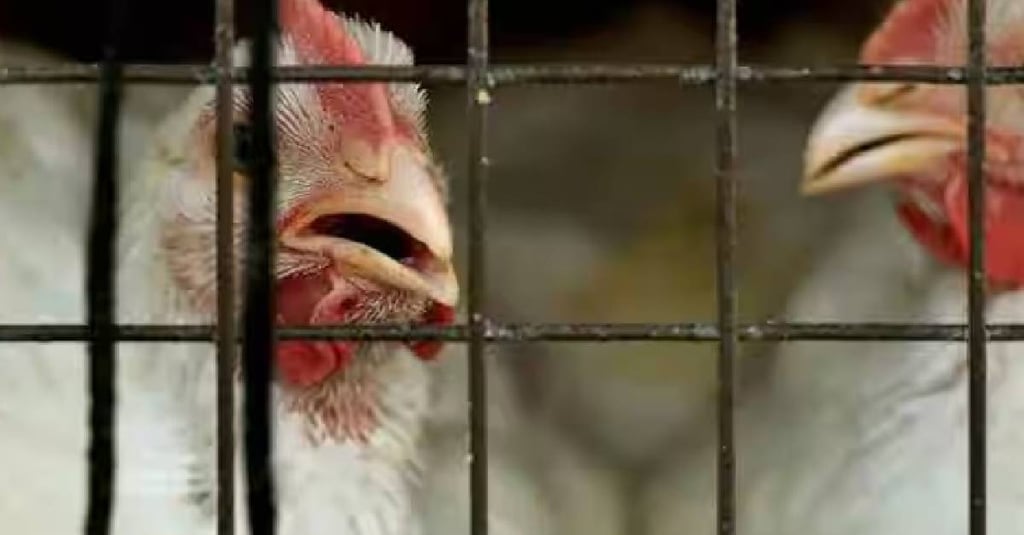No slaughter in Sikkim for 15 days from February 28 as state implements ban
According to the circular issued by the Ecclesiastical Department, the prohibition aligns with the Buddhist holy days based on the Tibetan Calendar.
LOCAL


The Government of Sikkim has announced a complete ban on animal slaughter across the state for 15 days as part of the observance of Buddhist holy days. This decision was made following the notification issued by the Ecclesiastical Department, which mandates strict compliance with religious traditions and environmental conservation.
According to the circular issued by the Ecclesiastical Department, the prohibition aligns with the Buddhist holy days based on the Tibetan Calendar. The ban will be in effect from February 28, 2025, to March 14, 2025, and on March 29, 2025. During this period, no animals can be slaughtered, and all meat shops in the state must remain closed. However, fish imported from outside the state can still be sold, while fishing activities within Sikkim will be strictly prohibited.
The circular also mentions that in unavoidable circumstances such as marriages, social ceremonies, or for feeding zoo animals, meat imports will be allowed only with prior written permission from the Ecclesiastical Department. Anyone found violating the order by slaughtering animals or selling freshly slaughtered meat during the restricted period will be subjected to a fine of Rs. 1,000.
The ban is part of a larger effort to uphold religious beliefs and promote non-violence, a principle deeply embedded in Sikkimese culture. The 15-day prohibition is observed annually, and authorities ensure strict enforcement of the order. Field officers of the Ecclesiastical Department have been instructed to monitor and ensure compliance across the state.
According to the Gangtok SHO, the police administration is fully prepared to enforce the ban, and all shops have been alerted about the restrictions. "All concerned have taken their own initiative to ensure that the ban is followed, and it will be strictly implemented," said the officer.
The directive has been communicated to all relevant government departments, including the Rural Development Department, the Animal Husbandry and Veterinary Services Department, the Urban Development Department, and law enforcement agencies. District collectors and senior police officials from Gangtok, Pakyong, Namchi, Gyalshing, Soreng, and Mangan have also been directed to oversee the implementation of the ban.
The Ecclesiastical Department has urged the public to cooperate and respect the religious sentiment behind the ban. In previous years, authorities have noted widespread adherence to the rule, with local communities supporting the initiative in the interest of preserving Sikkim's cultural and spiritual heritage.
This ban on animal slaughter is part of a broader set of regulations implemented throughout the year, with specific dates designated as non-slaughter days according to the Buddhist calendar. Observances such as Saga Dawa, Lhabab Duechen, and Drukpa Tshe-zhi are among the major Buddhist holy days when similar restrictions are enforced.
